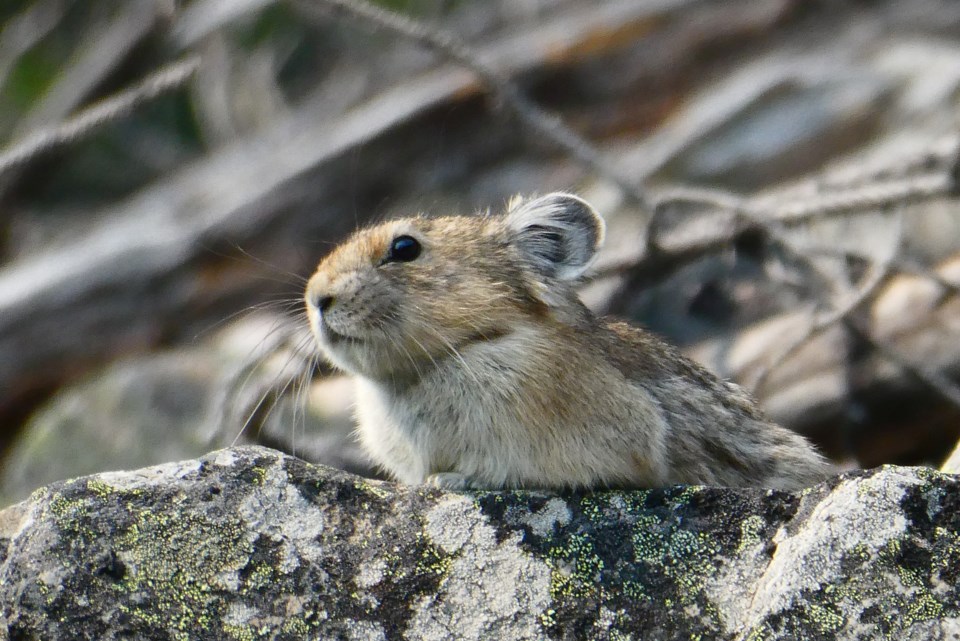Climate change has an impact on all life on Earth, but some animals may be more sensitive than others. People can now help scientists research its effect on pikas.
Pikas are close relatives of rabbits and hares that live in mountainous habitats of Colorado and the American West. A recent partnership between Rocky Mountain Wild and the Denver Zoo resulted in The Colorado Pika Project called Pika Patrol.
Pika Patrol is a new app developed that allows more people to record and submit observations of these montane mammals and their changing habitats.
The app is a form of community science, which” refers to projects where non-scientists participate in projects overseen by professional scientists. By allowing more people to contribute to scientific projects, scientists can increase the amount of data included in their studies for a deeper understanding of the subject being studied.
Megan Mueller, a conservation biologist at Rocky Mountain Wild and co-director of Colorado Pika Project, said that actively monitored sites are mainly in the Front Range, but Pika Patrol could help researchers learn more about pika populations in other parts of Colorado.
“The app is a first step to get at that,” she said. “You don’t need any training to use the app — it’s got training materials right in it that will teach you how to identify pikas, haypiles and scat.”
Haypiles are clumps of vegetation pikas assemble to insulate taluses, rock crevices they use for warmth and shelter during the winter. Even if no pikas are visible, they serve as evidence that pikas are present at a site.
There are multiple pika research projects where community scientists record observations. Protocol and the kind of data being collected differ slightly between projects. Some projects accept “opportunistic observations” recorded outside of formal surveys.
“Our hope with Pika Patrol is to be able to streamline that process for all of those projects or opportunistic observations,” said Dr. Johanna Varner, a biologist at Colorado Mesa University and science advisor for Colorado Pika Project.
A major goal of Colorado Pika Project and the new app is to study the impacts of climate change on pikas.
“We expect that climate change is going to shrink the area that pikas live in Colorado. There’s preliminary evidence that that is already happening,” says Alex Wells, Community Conservation Coordinator at Denver Zoo. “This app was released very recently, but I’m hoping that folks will continue to submit data to it for years into the future. So I think having this long-term dataset showing where pikas are and where they’re not will be useful for telling us how climate change is impacting their populations.”
Wells added that pika research can be used to gain insight into climate change’s larger effects not only because pikas are climate sensitive but because they are easy to detect. Because their talus patch habitats are common on alpine hikes in Colorado, there are many observation opportunities.
“Pikas are well set up for something like the Pika Patrol app. They tend to be in the places where hikers want to be,” Wells said.



